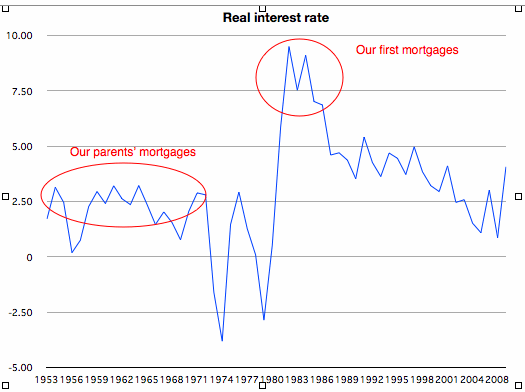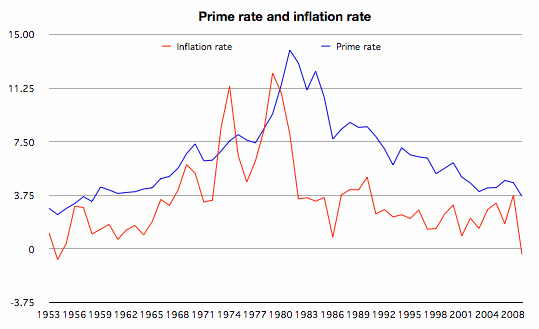Good questions, here's what I make of the FIRECALC runs I've done - I seem to get the best results by maintaining my AA with the added mortgage money.
As I alluded to earlier, "safe from volatility" doesn't correlate with "safe from eating dog food when I'm 90". A portfolio of 100% CDs might be "safe from volatility", but FIRECALC says you are much more likely to FAIL than with a 75/25 Eq/Fixed portfolio. So, in the only way that really matters to me, a 75/25 is safer than a 0/100.
I used to agree with the camp that said for apples-apples you need to invest the mortgage money in "safe" investments. But if I use FIRECALC for my measure of safety, it says stick with your AA %. Yes, that *sounds* more "risky", but if it provides a higher success rate, I would say it is less risky. If drawing on that on hard times was an overall negative, surely FIRECALC would report a higher failure rate in those cases. But it does not with my numbers.
Unless you just don't give any credence to FIRECALC, but I think it is a really wonderful tool (tool, not predictor, not an absolute) for perspective.
Remember, you boosted your fixed by 25% of the mortgage amount too. And rebalancing means a little bit more getting shifted from EQ to Fixed in good times. I think it is the combination of all those that makes the difference.
Perspective: Remember that my runs have shown it to be a *slight* advantage to hold the debt. So slight, it isn't worth 1/10,000 of the words we have added to this topic. Do it or don't do it - no biggie. But as long as so many people keep giving the impression that this is a key element to FIRE success, I'm going to keep commenting that people should run the numbers for themselves before they get too excited. Better to put your energies on other things. Paying down mortgage debt or not just isn't going to make/break a retirement from what I have seen. No reason to think it will/won't, unless you have run the numbers for your case and see differently.
-ERD50


